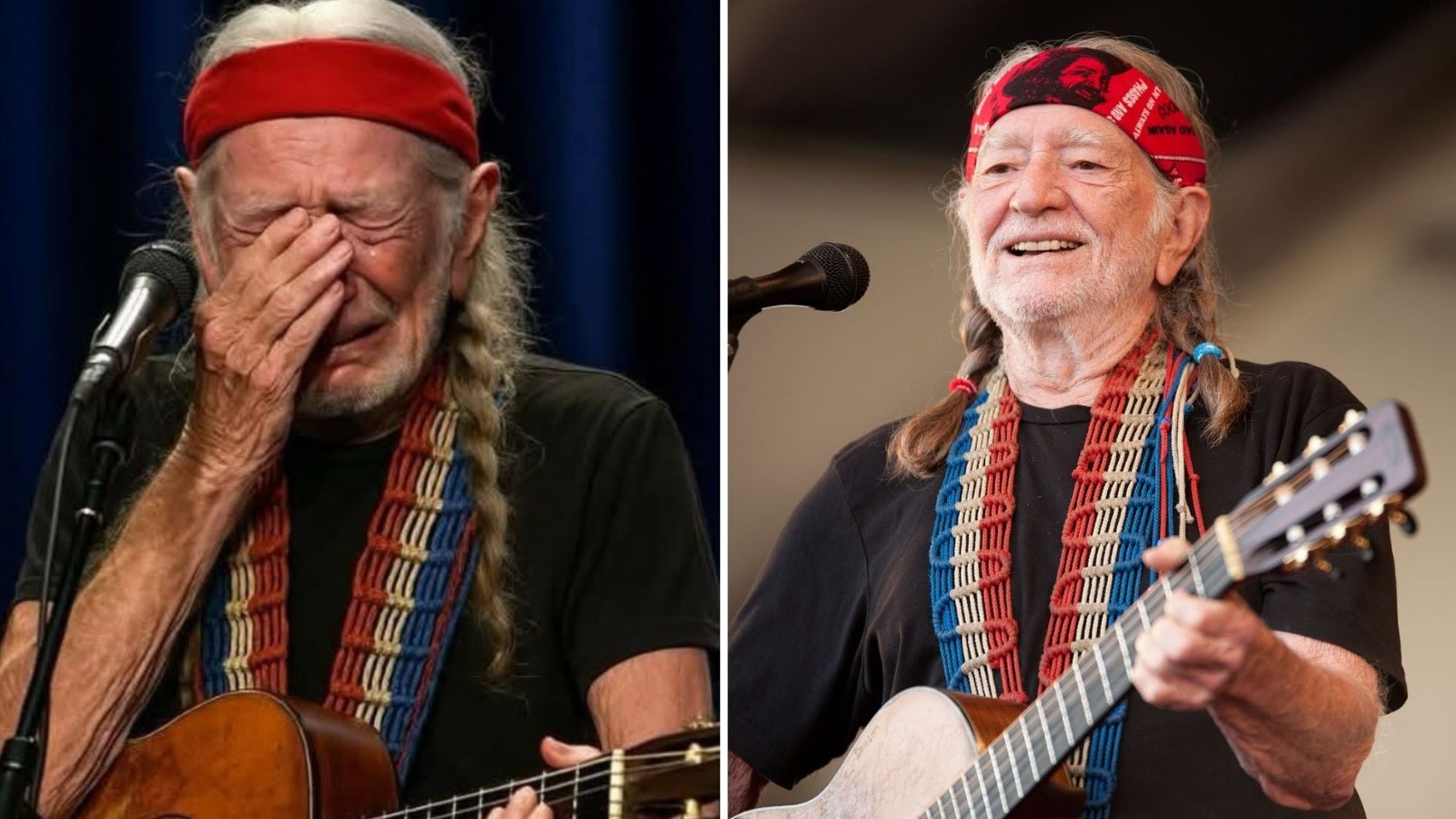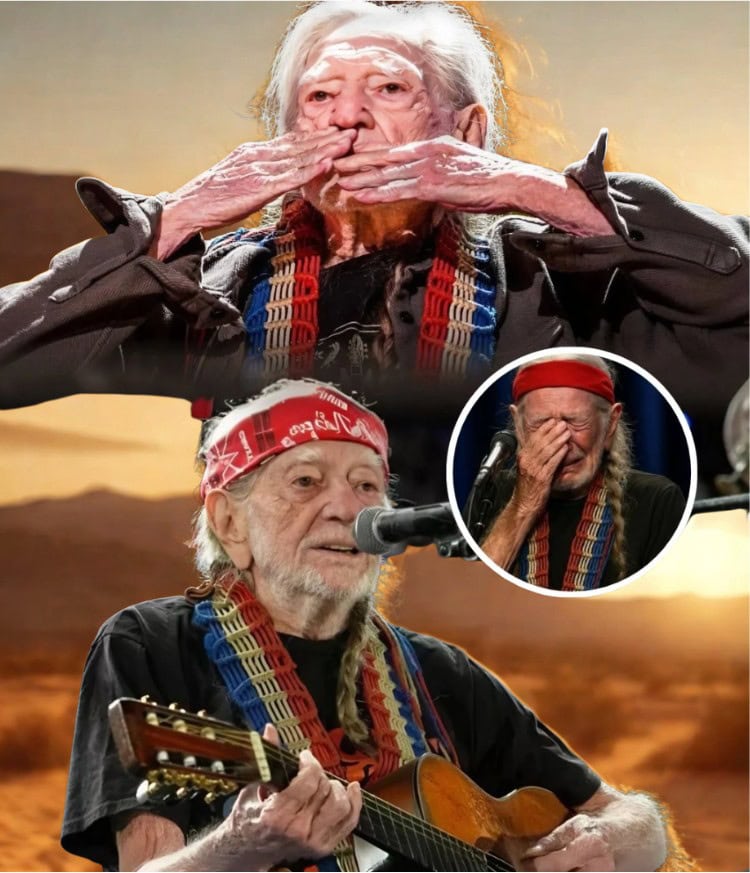
About the song
At ninety-two, most would imagine a man resting in the quiet of retirement, but Willie Nelson has never been most men. When he stepped onto the stage with Alabama’s The Red Clay Strays, something extraordinary happened—a moment so powerful it silenced the room before lifting it into a place that felt almost sacred. Their performance of the gospel classic “I’ll Fly Away” was not simply music; it was testimony, memory, and legacy woven into song.
Willie’s gravelly voice, worn by the passage of decades, carried with it the weight of countless miles, smoky barrooms, and open highways. Yet it was not diminished by age—instead, it had grown richer, more profound, as though every line and crack told a story of endurance. Against this, The Red Clay Strays brought their raw sincerity, a sound still rooted in the hunger and fire of youth. Together, they formed a harmony that seemed less like a performance and more like a conversation across generations—a dialogue between past and future.
The choice of song, “I’ll Fly Away,” only deepened the meaning. For many, it is a hymn of farewell, a gentle promise of freedom beyond this life. In Willie’s voice, it became both a celebration and a benediction, an echo of a man who has given his soul to music and continues to rise above time itself. Every note shimmered with quiet faith, memory, and an unspoken hope that transcended the present moment.
For those lucky enough to witness it, the performance was more than a concert—it was a homecoming of the heart. It reminded us that music, at its best, does not just entertain; it heals, unites, and endures. And in that fleeting song, Willie Nelson—America’s timeless troubadour—gave us not just melody, but something eternal.
